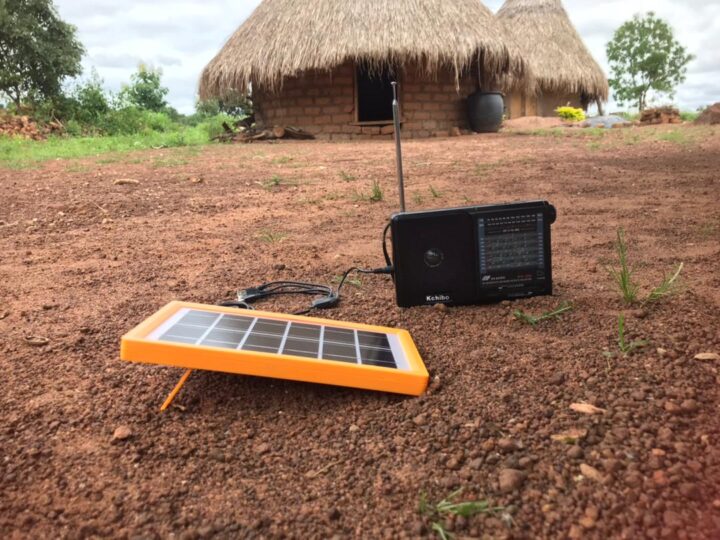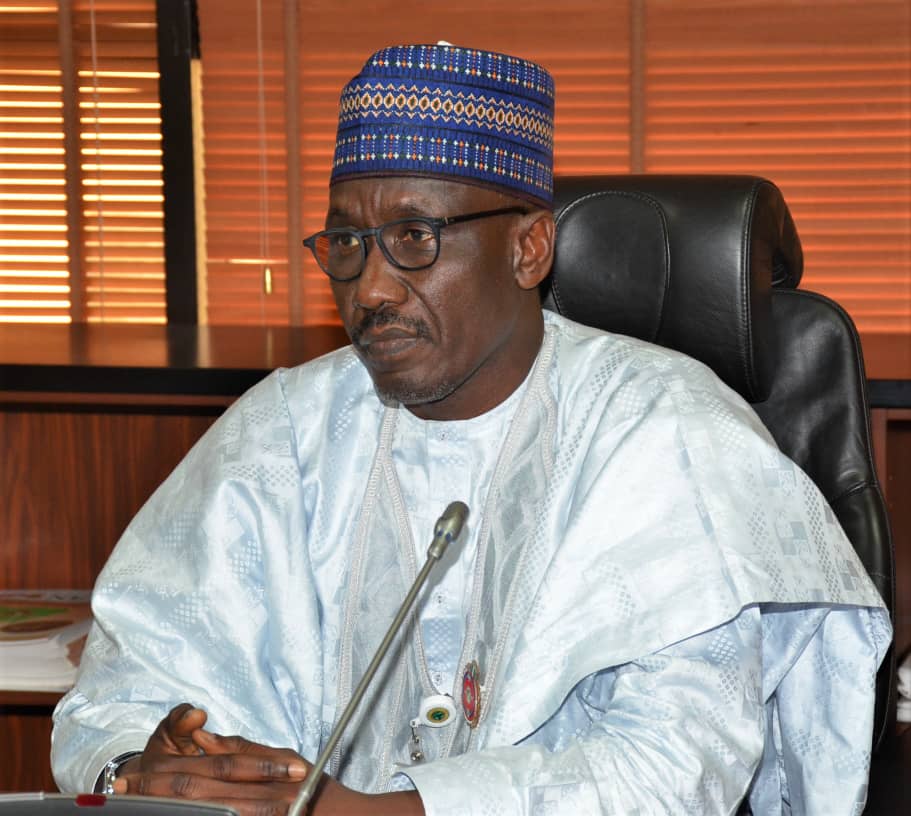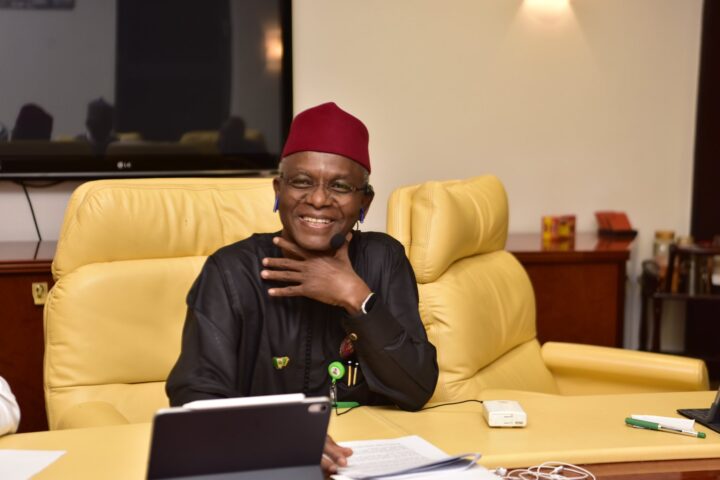It was a sunny Wednesday afternoon, 58-year-old Aondufa Agbe sat on a log close to his thatch-roofed mud hut sharpening his machete. A few meters away from him lay his most prized assets — a mobile phone safely placed on top of a rock charging while connected to a portable green-rimmed solar panel lying on the ground facing the sun.
In his 58 years, Agbe has never seen electricity in his community of Mbagule-Ipav in Gboko Local Government area of Benue state. He said the community goes lifeless, disconnected, forgotten and lonely whenever night falls.
In 2019, Agbe found a hack to create a semblance of hydro or wind generated power in his home at night. He had gone to a nearby community for some business when he discovered from a friend a mini-solar panel device that could charge a phone. He visited the market and purchased one for N3,000 and for three years on, Agbe said it has served him efficiently.
“We don’t have light, we have never seen light in this place before. This is what is helping us to charge our phone, it is all we have. I bring it out once the sun comes out and plug my phone to it and when it charges, I’m able to talk to my children that are far away, my friends, family members and my pastor,” he said.
Advertisement
Agbe who could not hide his joy about the solar device wishes it could be improved upon to give power to his household and to his community. This he said will bring development.
Solomon Ker, another resident of the community, said the sun is precious to them because once it rises, his community rises with it. He told TheCable that the sun serves as both light at day and a source of light at night.
Solomon and his neighbours take turns to recharge their mobile phones and torch which they then use as a source of light when night falls.
Advertisement
They are also able to charge their radio sets which helps them listen to the news and stay connected to happenings in the country.
Prior to buying the solar device, Solomon used to travel long distances to charge his phone. He spends N450 on transport and charging fees anytime his phone’s battery goes off. But since purchasing the solar panel device, he is able to save some cost.
SOLAR ENERGY POTENTIAL IN NIGERIA
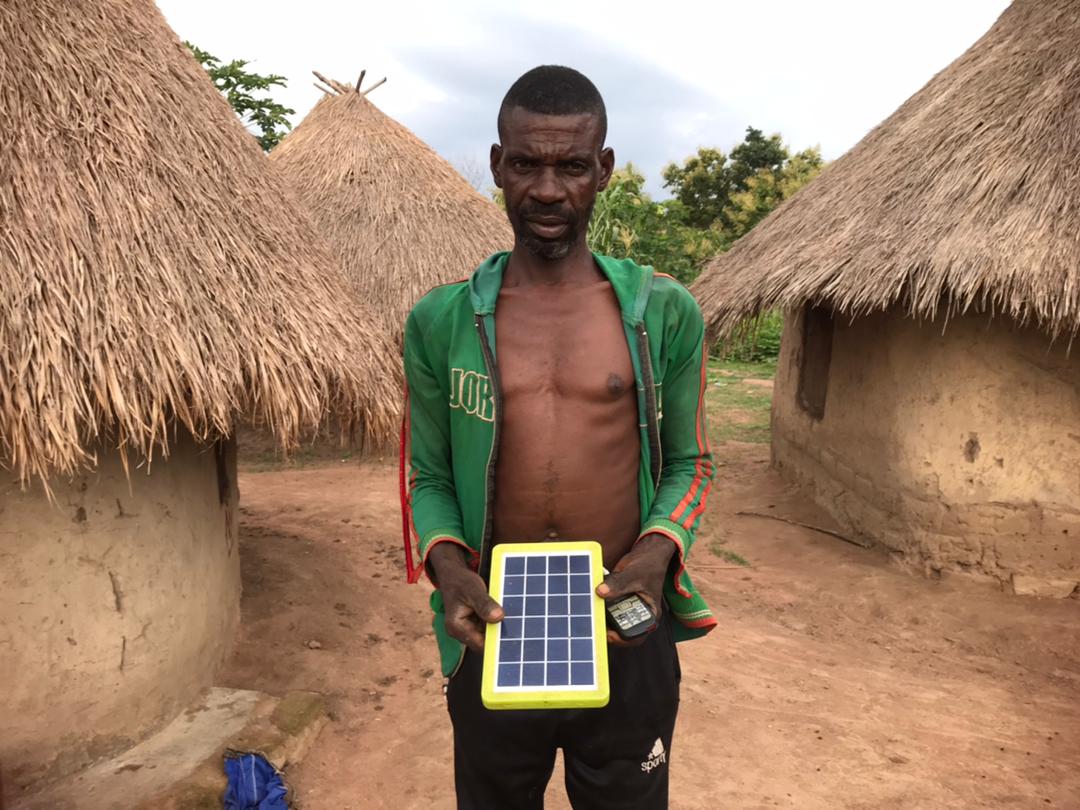
Mba glue-Ipav is part of thousands of communities in Nigeria disconnected from the grid and its residents are among the over 80 million Nigerians without access to the electricity grid. The 2021 Nigeria solar report states that only about 60% of Nigeria have access to electricity, and even this is still riddled with constant power outages.
The country currently has the potential to generate 12,522 megawatts (MW) of electric power from existing plants but is only able to dispatch around 4,000 MW, which is insufficient for a country of over 195 million people.
Advertisement
Renewable energy, especially solar in Nigeria is considered a viable way for Nigeria to meet its electrification targets. This is because Nigeria has an abundance of sunlight with an average sunshine of six hours per day.
David Arinze, a renewable energy specialist and program officer, off-grid energy at Diamond Development Initiative (a not-for-profit development service provider) said renewable energy can bring a significant form of development to remote communities like Ipav-Mbagiva.
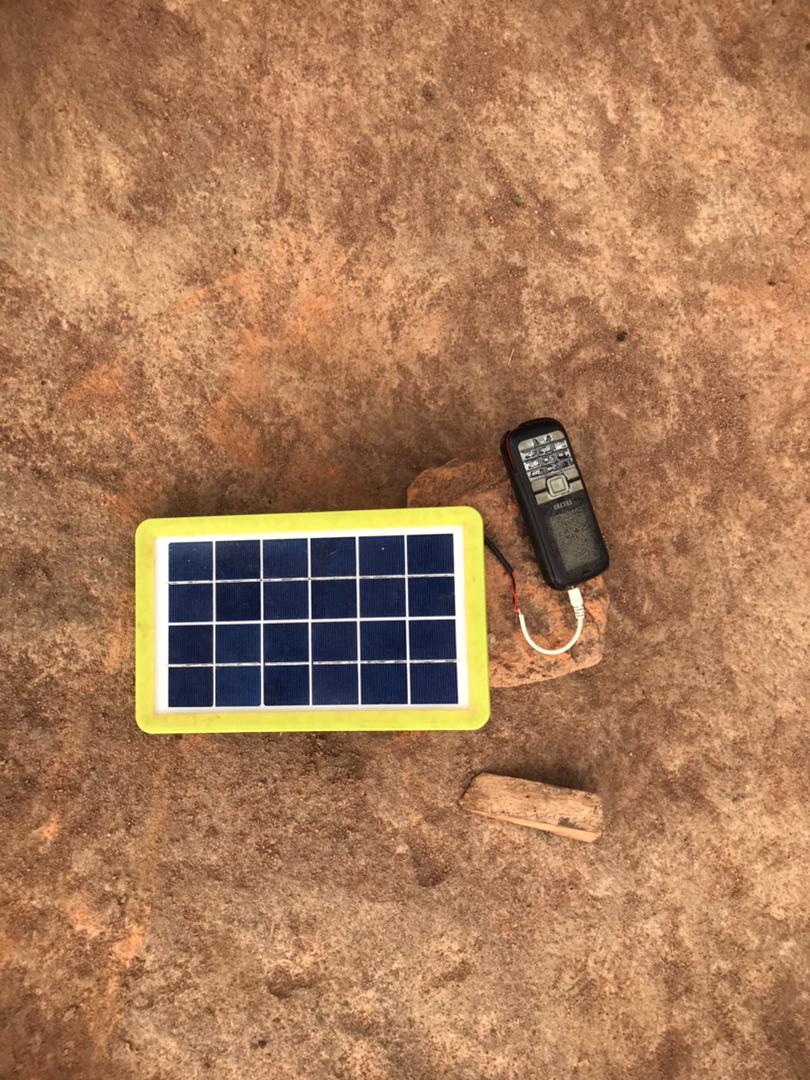
“Renewable energy solutions, especially solar-mini grids in some of these communities can significantly bridge a lot of gaps. It ensures that these communities are not isolated. Some of them can power their radios, TVs and be in tune with what is happening in the global space,” he said.
“They can have access to information, they can start businesses that would increase their earning capacities, some of them can use various educational tools to improve their learning, also schools in these communities can even deploy tools like satellite television and expose their learners to international platforms. So the possibilities are endless.”
Advertisement
According to the Rural Electrification Agency (REA) Nigeria is the biggest and most attractive off-grid opportunity in Africa, and one of the best locations in the world for mini grids and solar home systems. It said developing off-grid alternatives to complement the grid creates a $9.2 billion per year market opportunity for mini grids and solar home systems that will save $4.4 billion per year for Nigerian homes and businesses.
However, Arinze pointed out that despite this potential and solar energy prices having significantly reduced over the years, finance, government tax and import duties still pose challenges to scaling the renewable energy sector and disseminating the same to Nigerian communities.
Advertisement
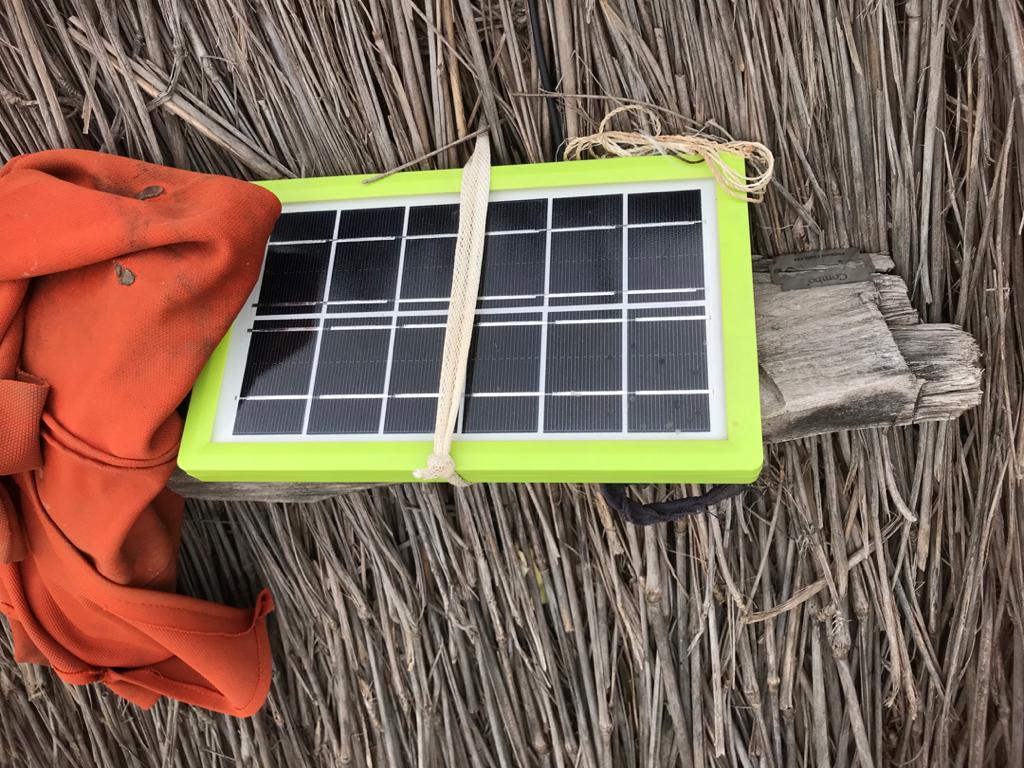
Solar panels imported into the country have a 10 percent charge on import duty and Value-Added-Tax (VAT); as well as on other components of a complete solar photovoltaic (PV) system — chargers, batteries, and inverters.
Going by the 2019 Nigerian importation Guide, tariffs, VAT and other applicable importation levies for off-grid solar products have contributed to over 40% of their retail prices. This, according to the report, significantly pushes up the price of the solar products, often beyond the purchasing capability of those who stand to gain the most from their use – predominantly rural households.
Advertisement
Arinze said the government needs to help the sector scale, encourage local content which would in the long run create jobs.
“If I have the power as a government, today no renewable energy company should pay tax, should pay import duties on specific components — panels, chargers, inverters, batteries, cables,” he said.
Advertisement
“While government needs to generate revenue from import duties and all, for this to thrive, there should be some level of consideration to be able to ensure that we have as many people as can play in the space.”
SOLAR ENERGY AS A CLIMATE CHANGE MITIGATION APPROACH
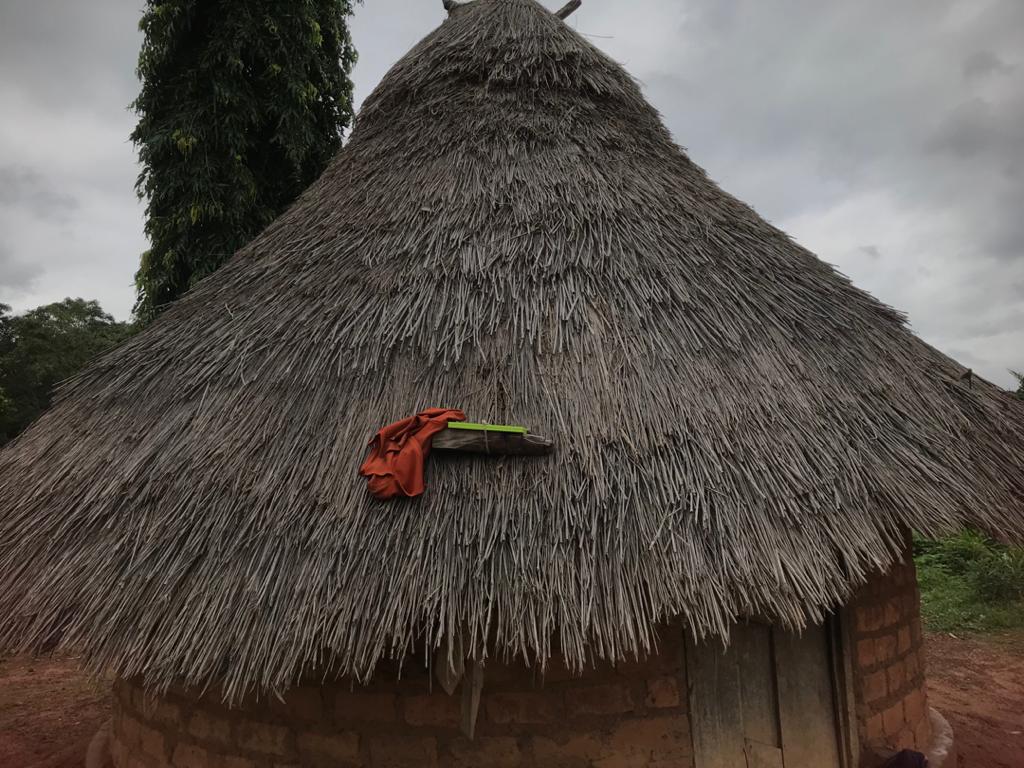
Despite the socio-economic benefits, renewable energy sources also play a significant role in providing energy services in a sustainable manner and particularly in mitigating climate change.
A 2018 International Renewable Energy Agency (IRENA) report states that renewable energy and energy efficiency, combined with increased electrification can provide over 90% of the reduction in energy-related carbon emissions that is required.
Arinze is also of the view that carbon or greenhouse gas emissions that result from the burning of fossil fuels for electricity usage affect health, the environment, heat up the earth and drive climate change. While the process of energy generation through solar is clean and has zero emissions.
“Renewable energy is literally our only hope toward ensuring that the earth doesn’t burn. There is a level of urgency that needs to be given to our climate and renewable energy is literally the way to go if we are going to be able to save the earth. Because with constant emission of carbon we are increasing global temperatures that would significantly be of harm to future generations,” he said.
The UN Framework Convention on Climate Change (UNFCCC) made it clear that the transition towards renewables such as solar and wind energy is a critical part of meeting the goals of the Paris Agreement, which aims to limit the rise of global average temperatures to well below two degrees Celsius, and ideally below 1.5 degrees Celsius above pre-industrial levels.
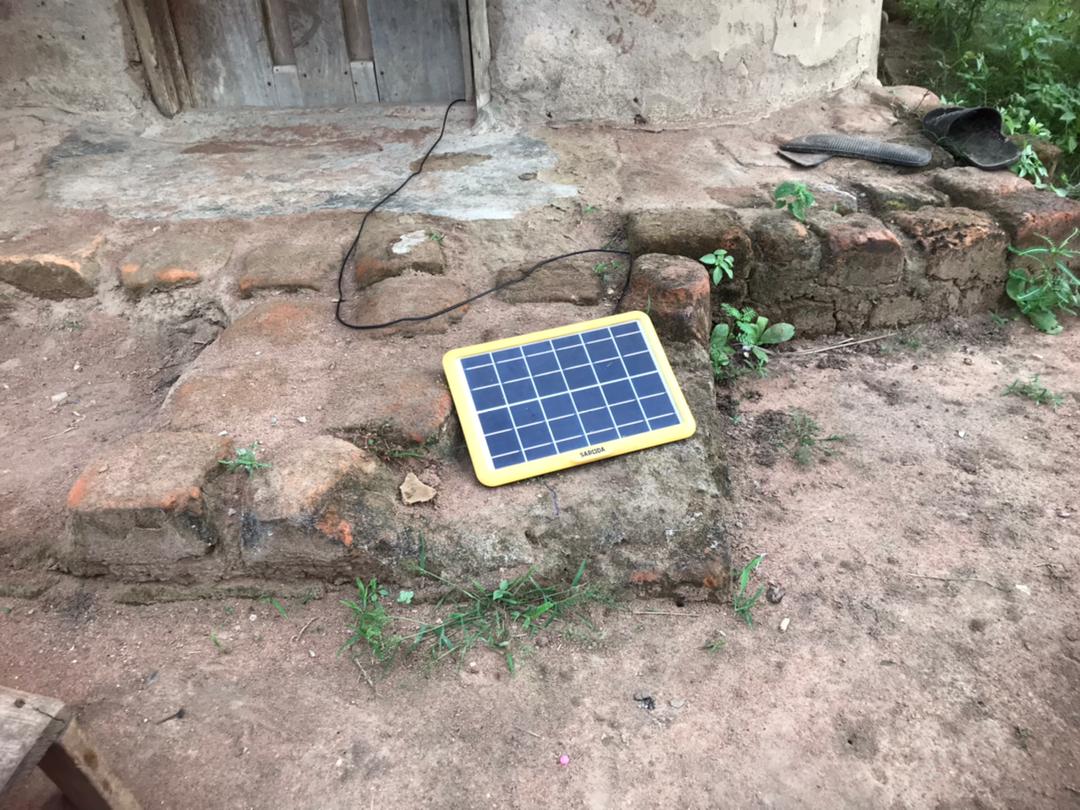
This is why part of Nigeria’s climate change obligations under the Paris agreement is to promote renewable energy and reduce carbon emission. It committed to cutting carbon emissions by 20% by 2030 with the intention to generate 30% of energy from renewables and eliminating diesel and gasoline generators of electricity generation by 2030, as is seen in its recent Nationally Determined Contribution (NDCs)
The country currently has renewable energy programmes to help it meet its targets. The government essentially targets to connect 25 million Nigerians with some of these programmes which include the country’s ‘Solar-Power Naija’, an initiative aimed at achieving the roll out of 5 million new solar-based connections in communities that are not grid connected. There’s the National Electrification Programme (NEP) which seeks to provide electricity access to households, micro, small and medium enterprises in off grid communities across the country through renewable power sources. There’s also the Energising Education Programme (EEP) aimed at providing 37 federal universities and seven teaching hospitals with sustainable and clean power supply.
But Arinze, who commended the government’s efforts, said it still needs to create a better playing field for stakeholders in the renewable energy sector in order to achieve its electrification targets. To him, the government cannot do it alone, therefore the need for more and deepened collaborations cannot be overemphasised.
“Renewable energy has a lot of benefits embedded in one. Electricity is not the destination but that critical factor that gives birth to other things and gives other sectors the opportunity to thrive,” he said.
“All stakeholders should come together to make the sector work. Government should see the role it can play in incentivising the sector, so we can have more players in the room and we can birth more renewable energy companies and startups.”
For Agbe and Ker, they believe if solar energy is improved upon to electrify their agrarian community, it would help food production processes, sprout businesses and bring about development.
This story was produced under the NAREP Climate Change Media 2021 fellowship of the Premium Times Centre for Investigative Journalism.
Add a comment
